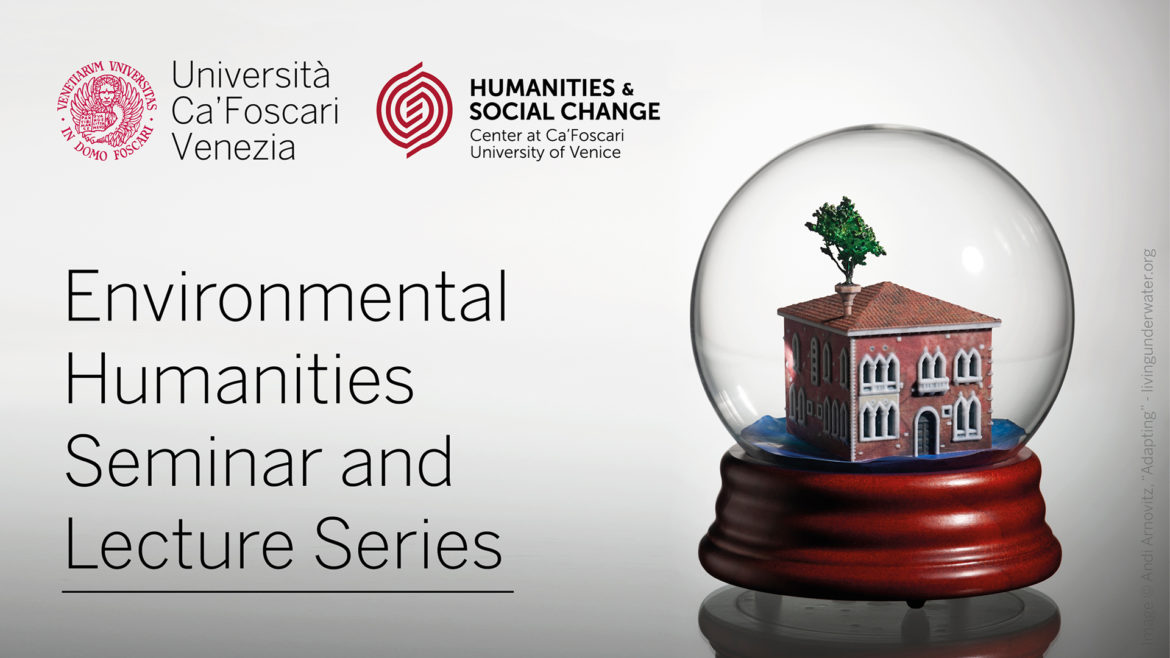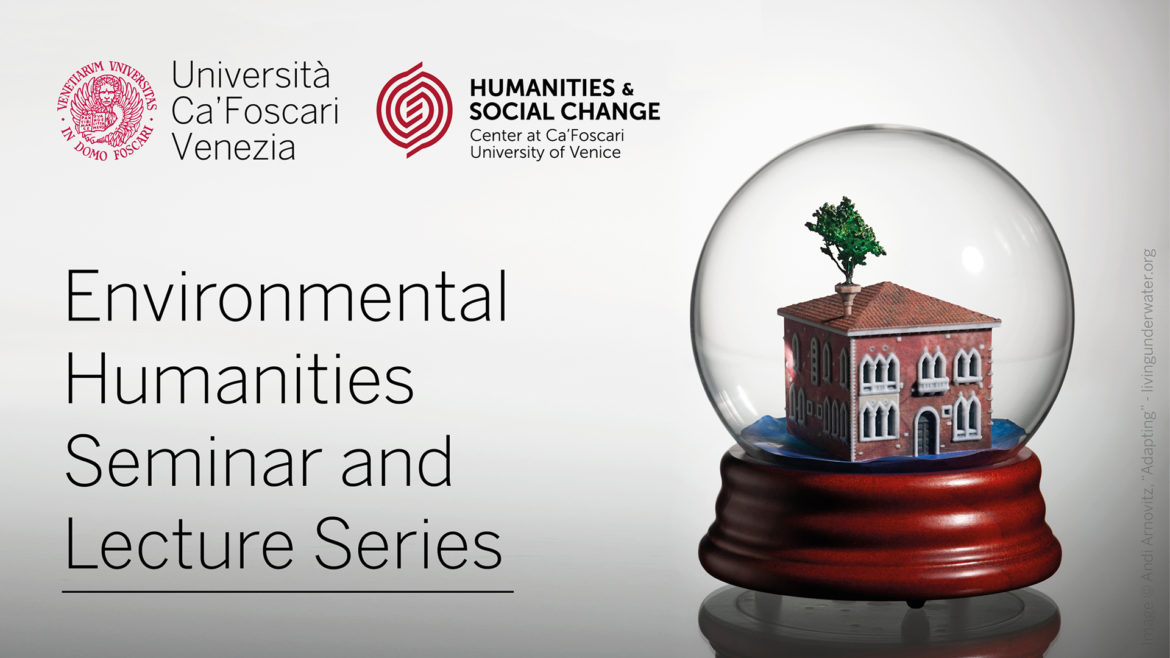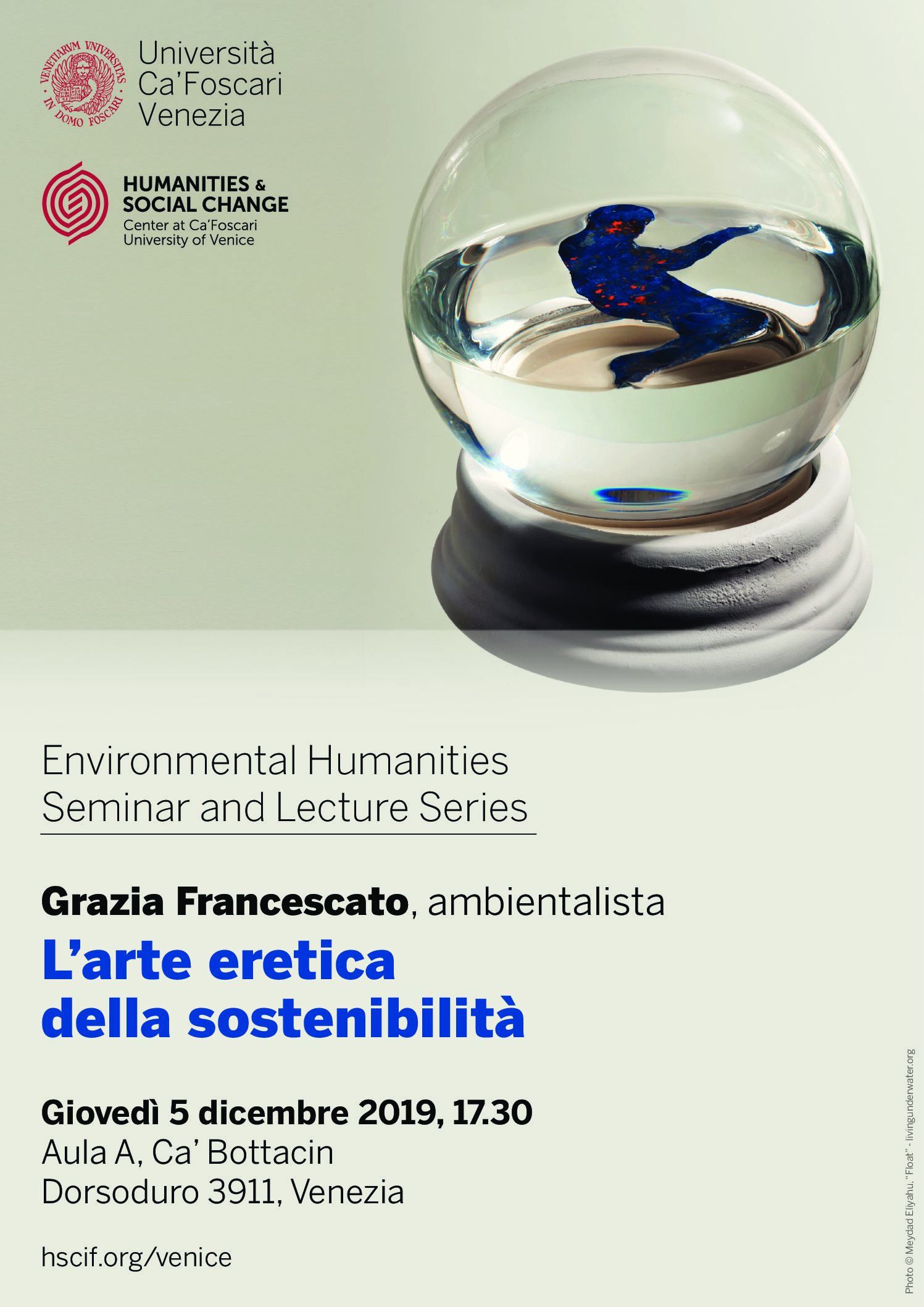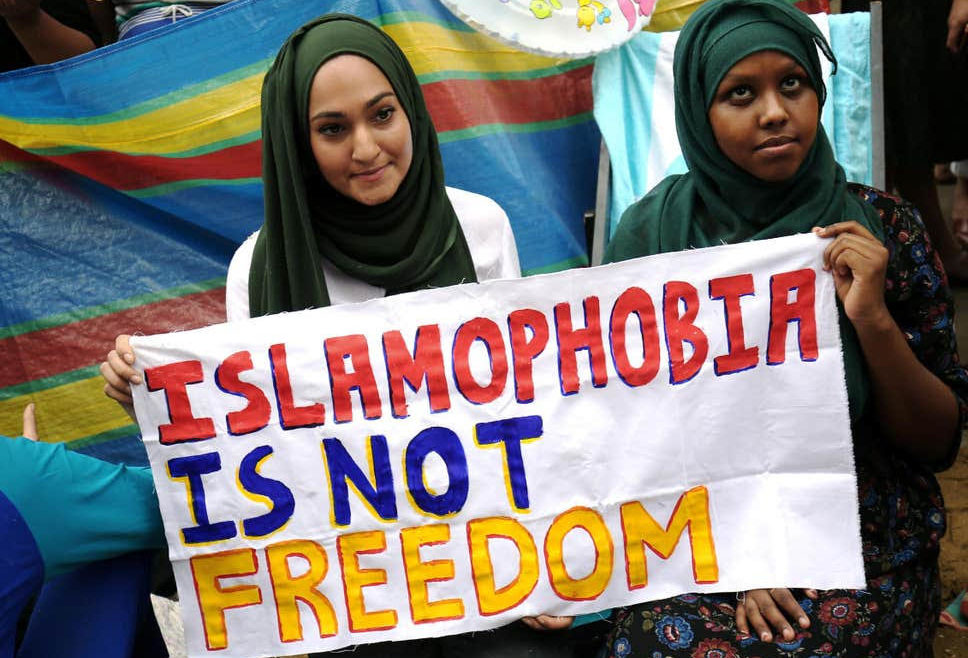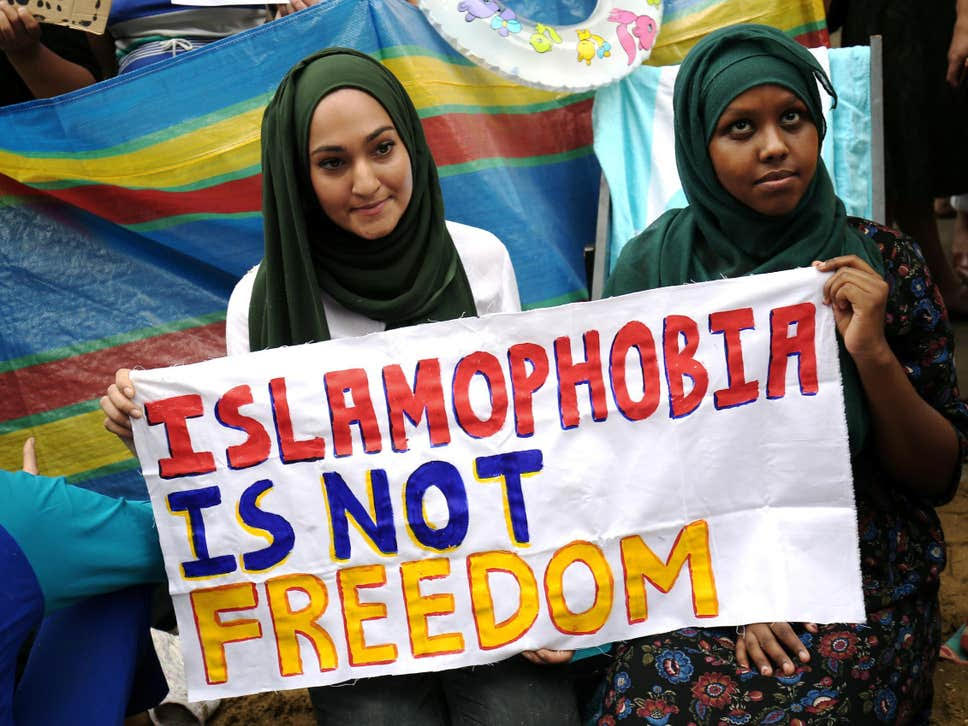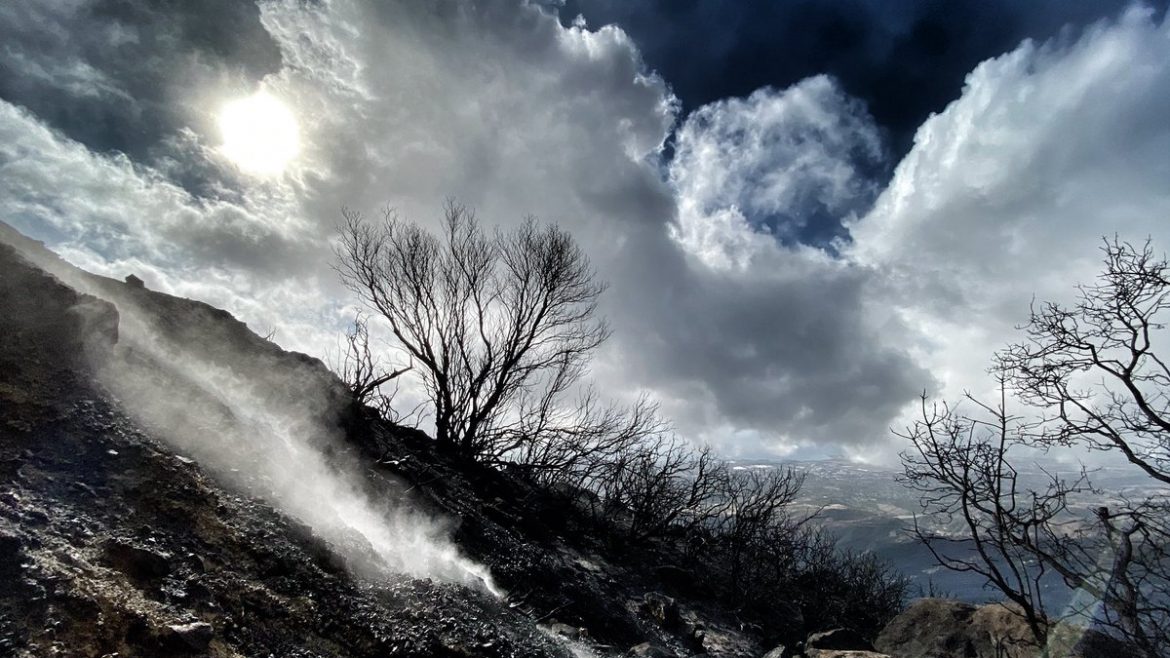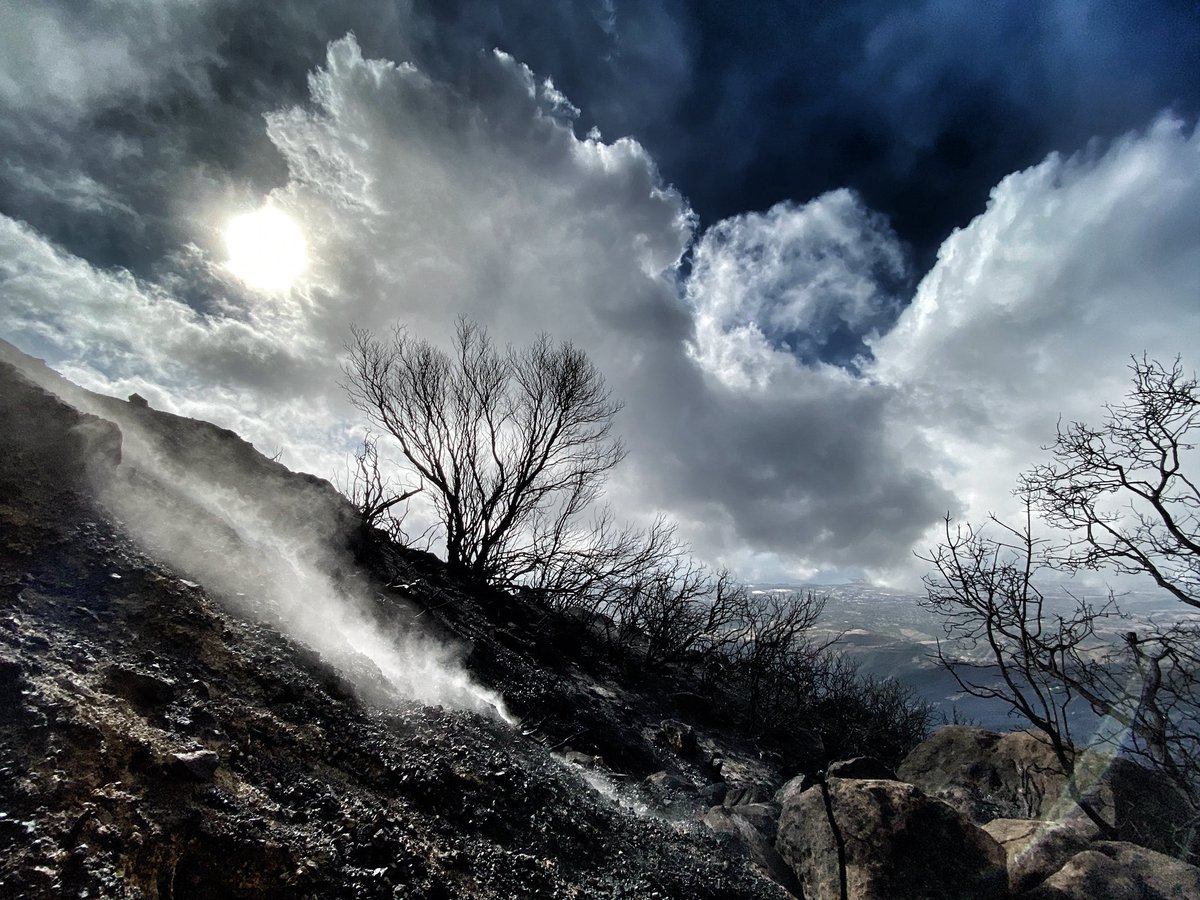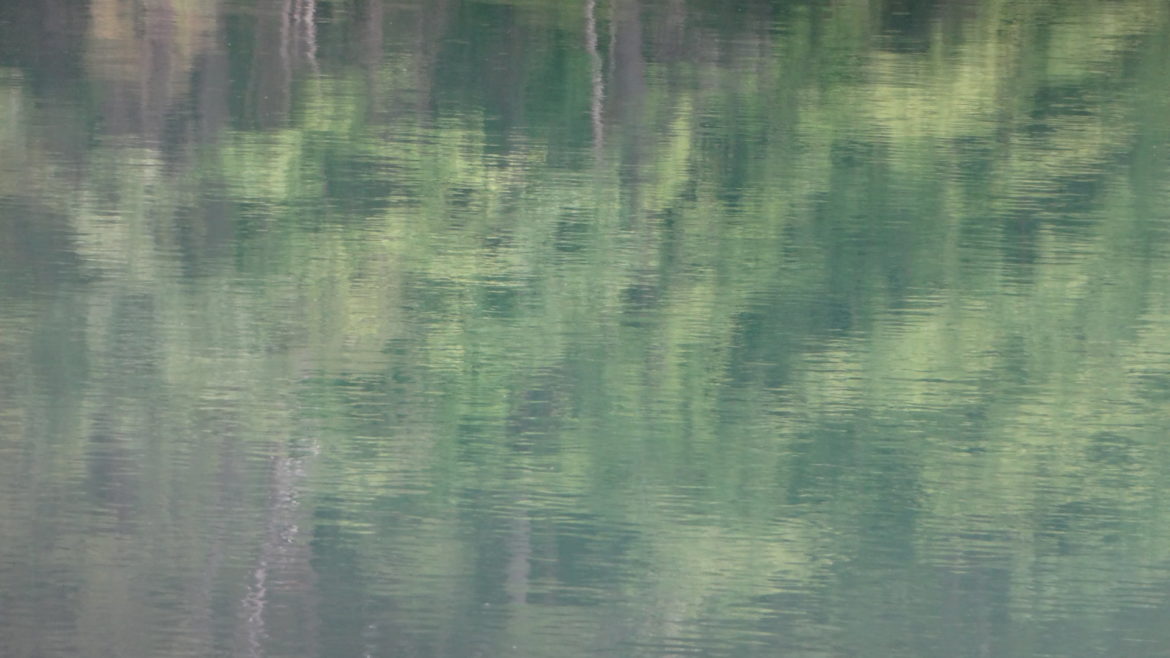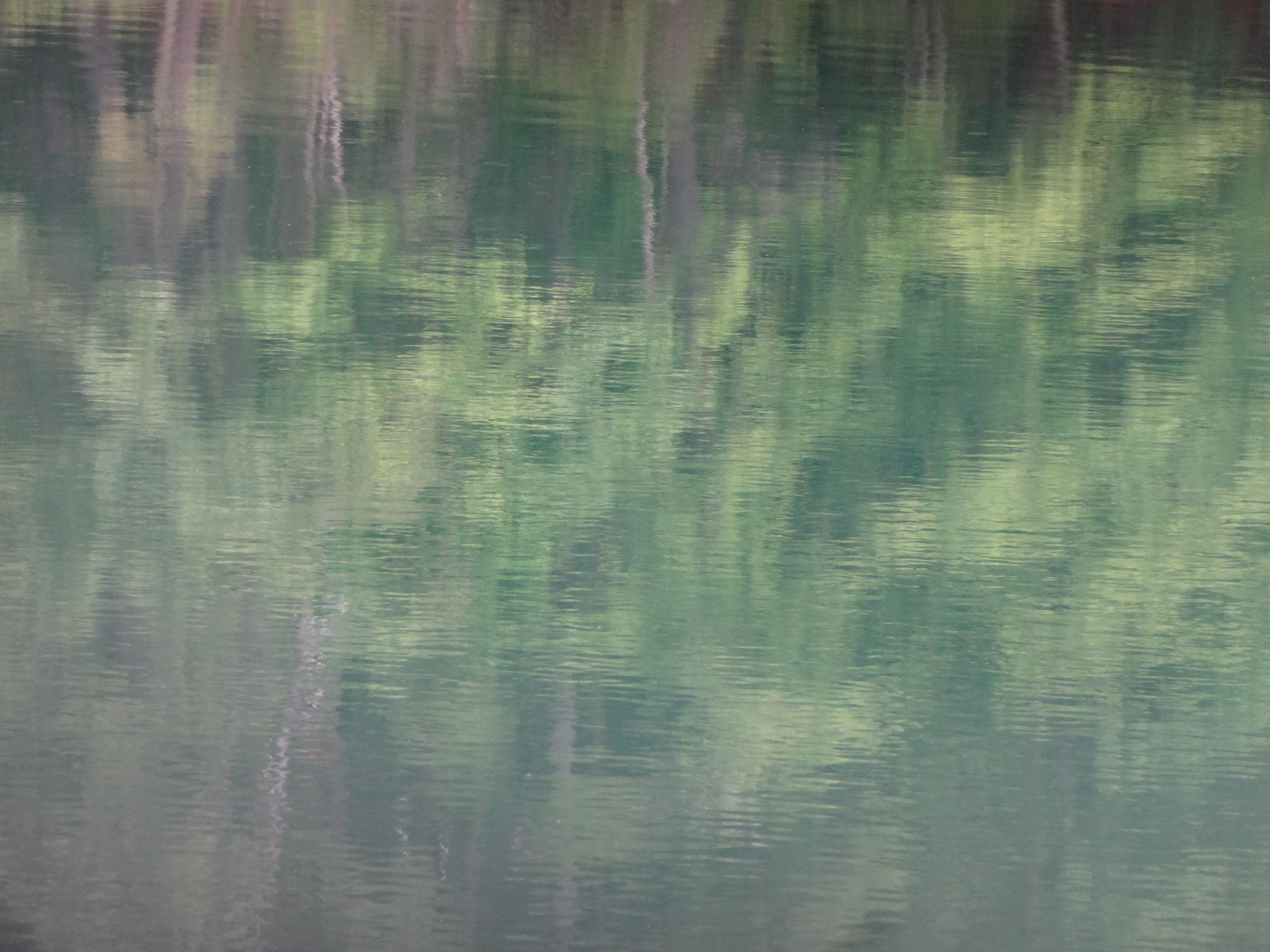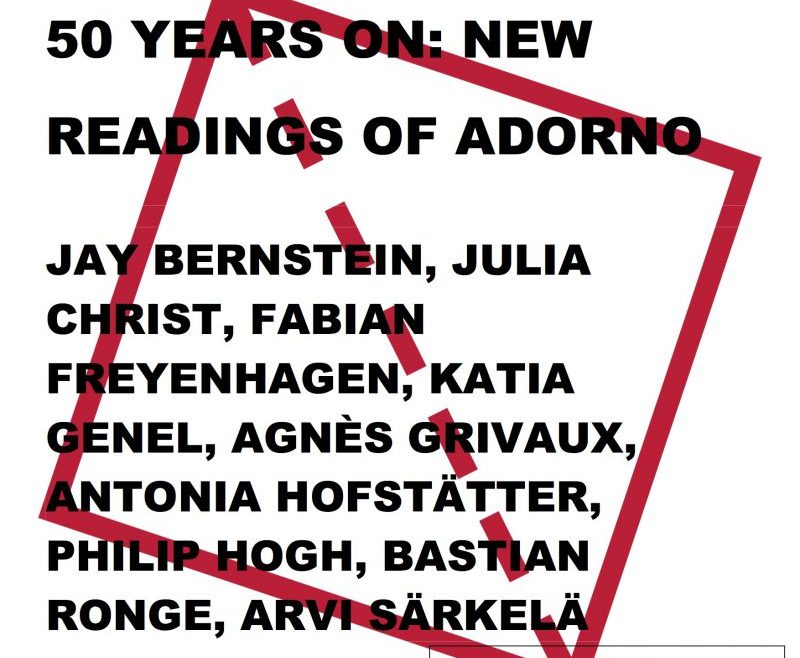Reframing Ecofeminism in a Posthuman Era: A seminar with Alessandra Chiricosta
Venice, December 10 – 2.00-4.00 p.m.
Ca’ Bottacin, Dorsoduro 3911 (map), HSC seminar room (1st floor)
Registration is necessary: please email hsc@unive.it
The next seminar in our “Environmental Humanities Seminar and Lecture Series” is with Alessandra Chiricosta (Università di Roma Tre and Roma Tor Vergata, adjunt professor at Venice International University) who will be discussing
Reframing Ecofeminism in a Posthuman Era.
Alessandra Chiricosta is a philosopher and a historian of religions, specializing in Southeast Asian cultures. She carried out studies and field research in many Asian countries. Her work has a particular focus on issues related to intercultural philosophy and cross-cultural studies, and on Gender issues in a post-colonial and transcultural perspective. Her publications include: Filosofia Interculturale e Valori Asiatici, 2014, O-barra-O; Following the trail of the Fairy-bird. Feminist movements in Vietnam in Mina Roces and Louise Edwards (eds.) Women’s Movements in Asia: Feminisms and Transnational Activism, Un altro genere di forza, Iacobelli 2019.
Please sign up if you would like to attend: hsc@unive.it
Any preparatory reading will be posted here (none available at the moment)
A seminar with Alessandra Chiricosta: Reframing Ecofeminism in a Posthuman Era
December 10, 2019, 2.00-4.00 p,m.
This seminar is in English/Seminario in lingua inglese
Registration is necessary: please email hsc@unive.it

